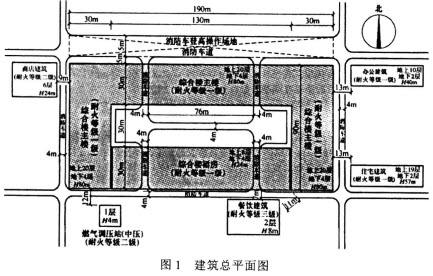Deflation is an economic theory relating changes in the price levels to changes in the quantity of money. In its developed (1) , it constitutes an analysis of the (2) underlying inflation and deflation. As (3) by the English philosopher John Locke in the 17th century, the Scottish (4) David Hume in the 18th century, and (5) , it was a weapon (6) the mercantilists, who were thought to equate wealth with money. If the (7) of money by a nation merely raised (8) , argued the quantity theorists, then a "favourable" balance of trade, (9) desired by mercantilists, would increase the supply of money but would not in-crease (10) . In the 19th century the quantity theory (11) to the ascendancy of free trade over protectionism. In the 19th and 20th centuries it played a part in the (12) of business cycles and in the theory of foreign (13) rates.
The (14) theory came under attack during the 1930s, (15) monetary expansion seemed ineffective in combating deflation. Economists argued that the levels of investment and government spending were more important than the money supply in determining economic activity.
The tide of opinion (16) again in the 1960s, when experience (17) post-World WarⅡ inflation and new empirical (18) of money and prices— (19) A Monetary History of the United States (1963) by Milton Friedman and Anna Schwartz—restored much of the quantity theory’ s lost prestige. One implication of this theory is that the size of the stock of money must be considered when shaping governmental policies (20) to control prices and maintain full employment.
6()
A.for
B.against
C.by
D.with
参考答案:B
解析:
[解题思路] 本题考核的知识点是:介词辨析。由于中心词是武器,而能与之搭配的只能是against。

